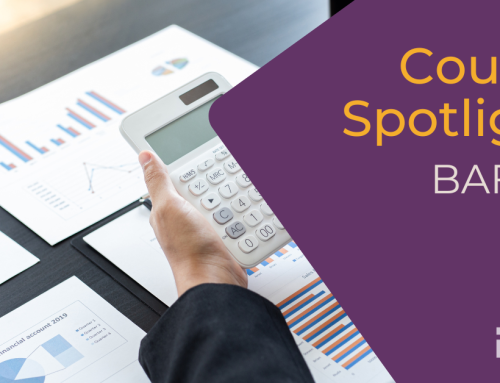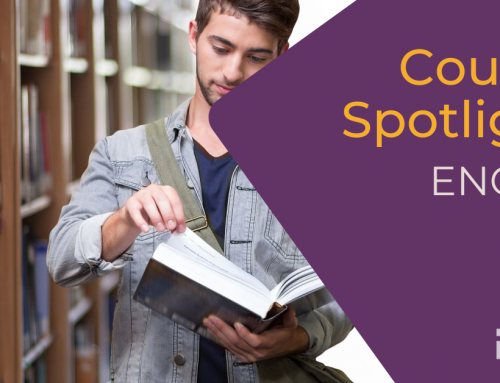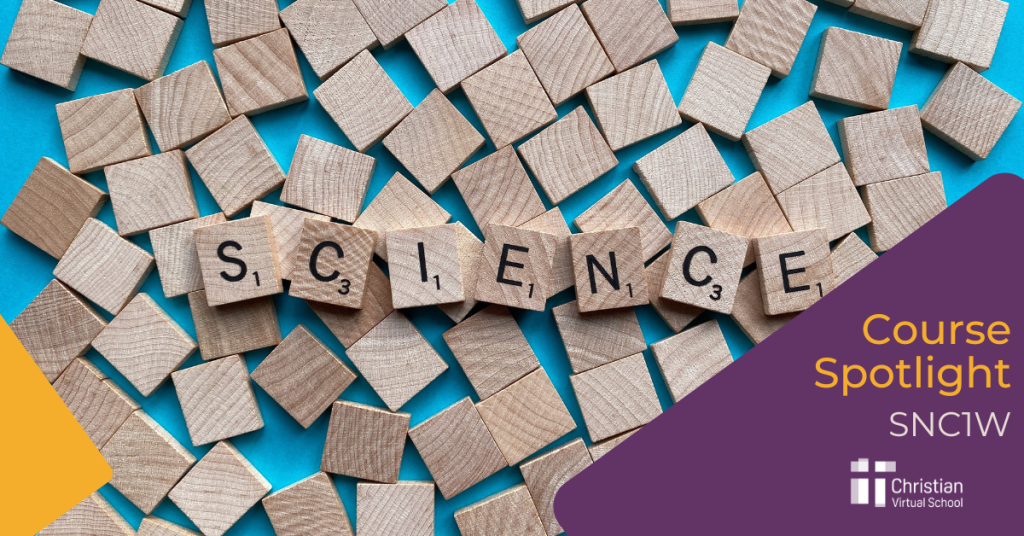
Christian Virtual School’s Grade 9 Science course teaches students the fundamentals of the scientific experimentation, scientific research, and engineering design processes and how to apply each to further their understanding of key concepts and topics in science. The main topics of study in SNC1W are Biology, Chemistry, Physics, and Earth and Space Science.
We know that there are some topics in science that have a tendency to be controversial within the Christian community. For this reason, we focus on helping students develop their critical thinking skills. While each topic is presented from a Christian perspective, our students will learn how to consciously process information, compare it to other information, analyze it, and then actively define what they believe.
This course enables students to develop their understanding of basic concepts in biology, chemistry, physics, and Earth and space science, and to relate science to technology, society, and the environment. Throughout the course, students will develop and refine their STEM skills as they use scientific research, scientific experimentation, and engineering design processes to investigate concepts and apply their knowledge in situations that are relevant to their lives and communities. Students will continue to develop transferable skills as they become scientifically literate global citizens. Throughout the course we encourage students to delight in and explore the wondrous way in which we, and everything around us, was created by the Lord our God!
Course Highlights
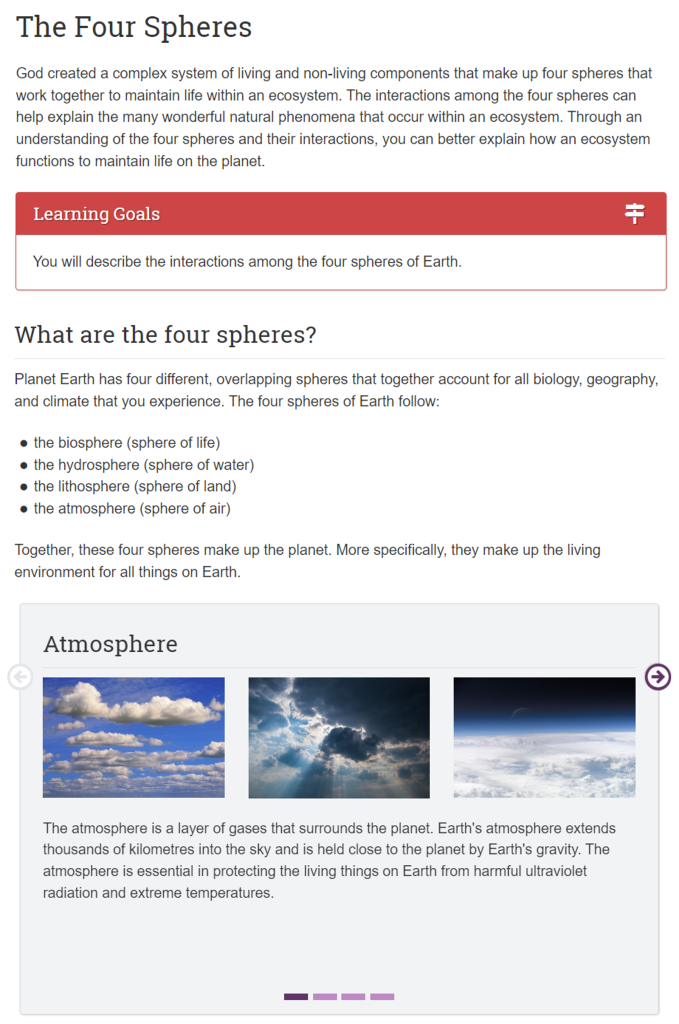
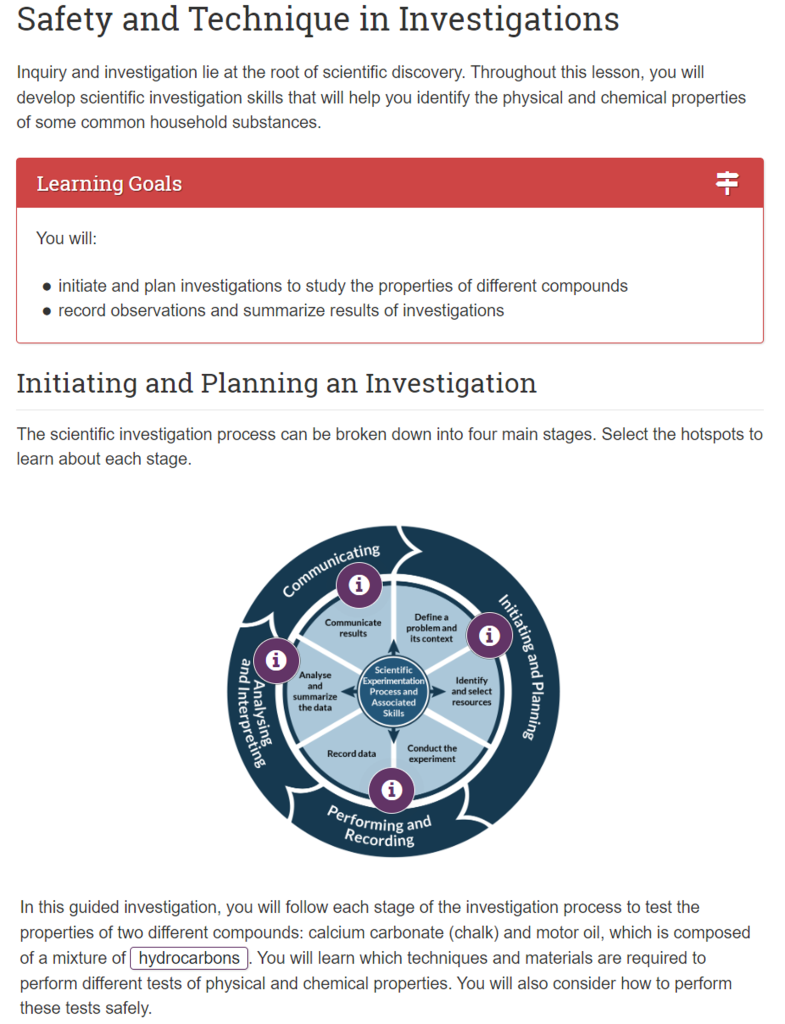
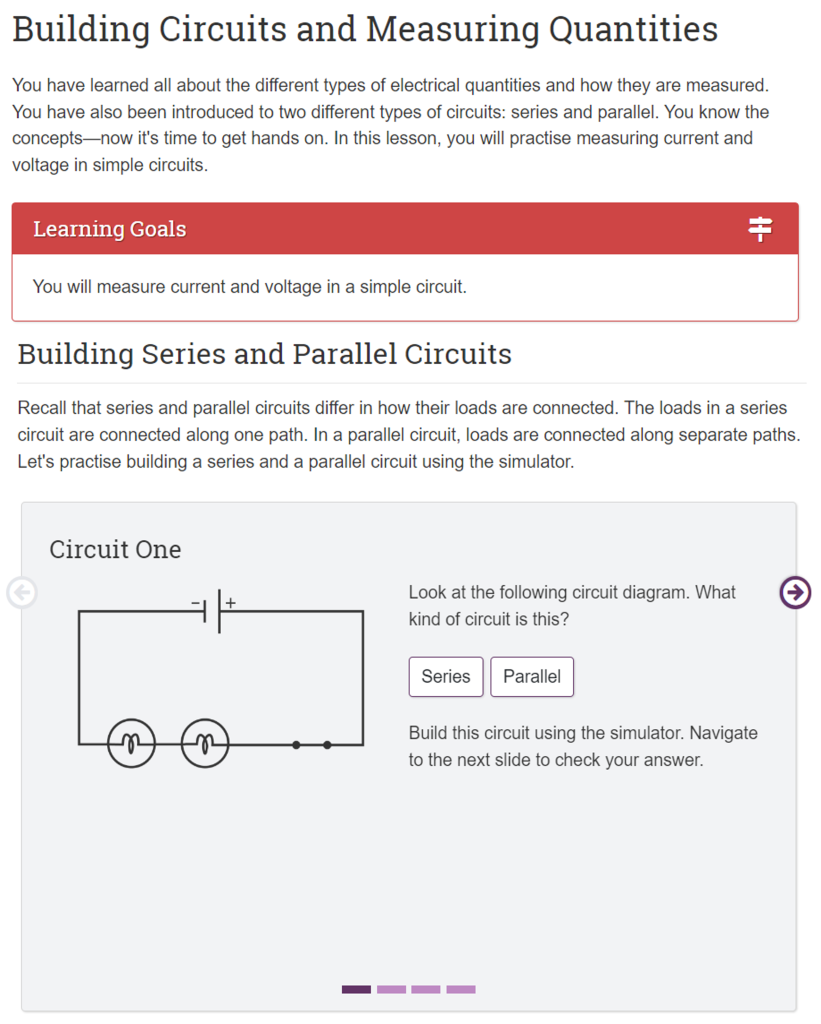
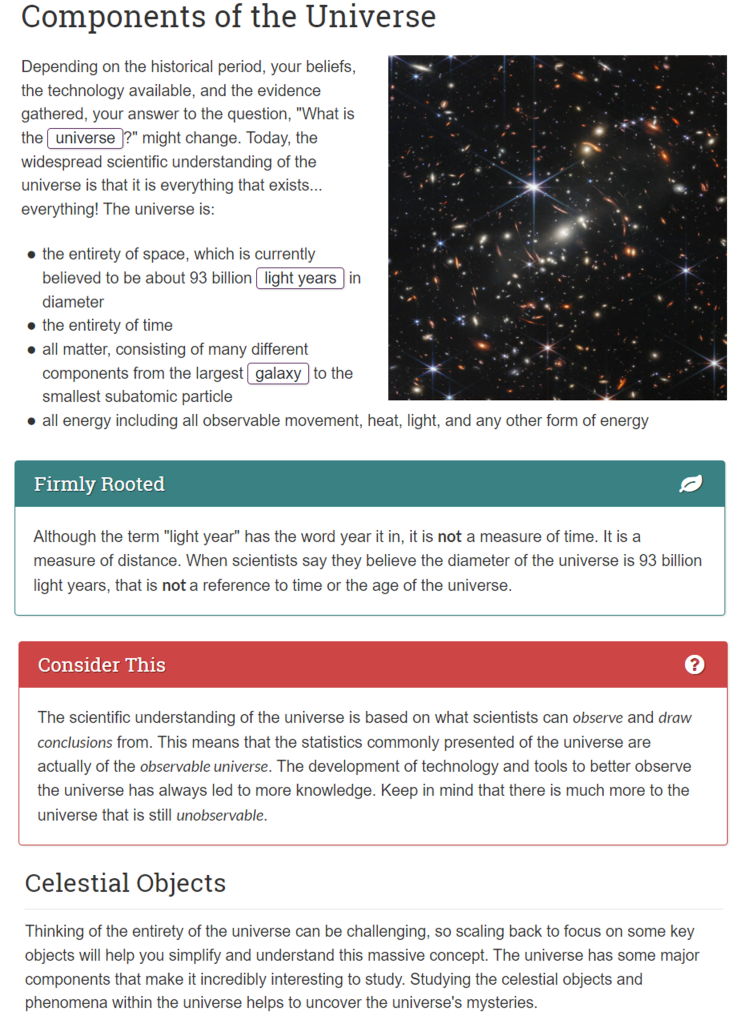
Course Breakdown
This course is divided into four units, beginning with a module on scientific processes and a final exam at the end.
Scientific Processes is where students will learn the fundamentals of the scientific experimentation, scientific research, and engineering design processes and how to apply each to further their understanding of key concepts and topics in science.
Unit 1 is on Biology: Sustainable Ecosystems and Climate Change. Students will demonstrate an understanding of the dynamic nature of sustainable ecosystems. Throughout the unit, students will use critical thinking to analyse the different ways an ecosystem can respond to natural and artificial ecological disturbances. The unit culminates with students exploring how sustainable practices reflect an understanding of equilibrium.
Unit 2 introduces students to Chemistry: The Nature of Matter. Students will demonstrate an understanding of the nature, hierarchy, and properties of matter. Throughout the unit, students will investigate the physical and chemical properties of elements and compounds and their applications to the consumer products. The unit culminates with students engineering a solution to extend the battery life of an electrical device, connecting the concept of matter with the environmental sustainability.
During Unit 3, students will explore Physics: Principles and Applications of Electricity. Students will demonstrate an understanding of both static and current electricity. Throughout the unit, students will investigate different principles of electricity, from the law of electric charges to the relationship between voltage, current, and resistance. The unit culminates with the testing of a wind turbine prototype, where students can apply the skills from the scientific experimentation process and the engineering design process.
Finally in Unit 4 students will delve into Earth and Space Science: Space Exploration. Students will demonstrate an understanding of the components of the universe, examining the physical and chemical properties of stars, asteroids, comets, and meteoroids. Throughout the unit, students will learn the importance of observational evidence in science as they review the evidence that supports scientific theories on the origin of the universe. Students will also examine the role of the sun within the solar system and its importance to sustainable life on Earth. The unit culminates with an evaluation of the social, economic, and environmental impacts of scientific innovation used in the exploration of space that also has practical applications as a consumer good used in everyday life.
Students will write a final exam at the end of this course.
To learn more about this course, you can view the course outline on our website.


